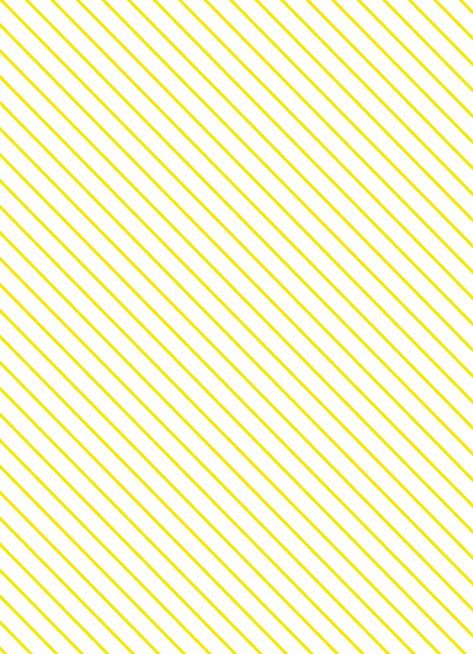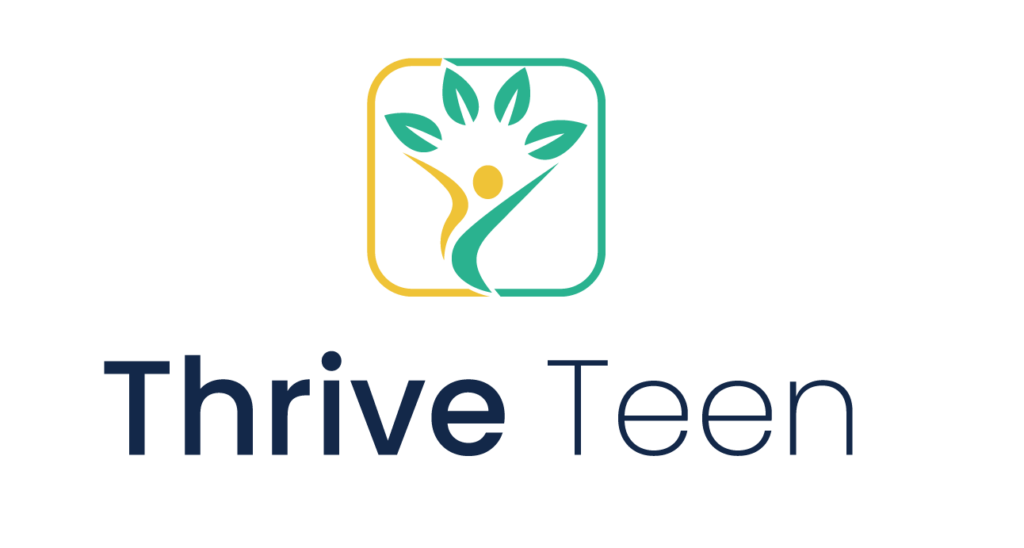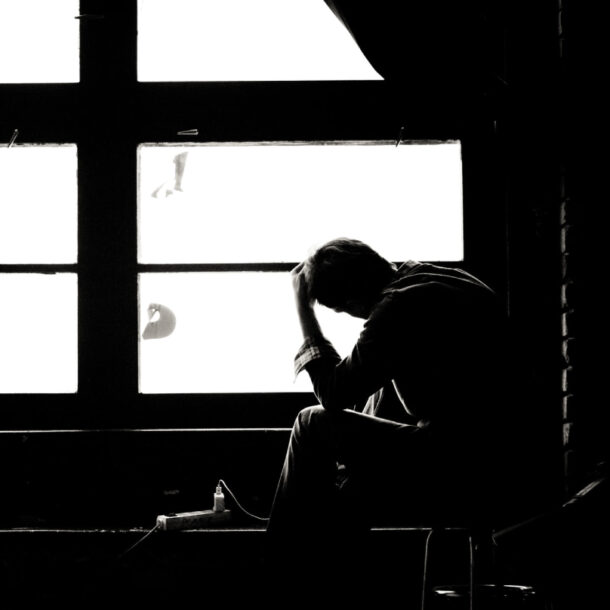What We Treat
ADD/ADHD
Online Teen ADD/ADHD Treatment
The teenage years can be a challenging time for a son or daughter. Your teen is undergoing significant social, biological, and emotional changes that are stressful and difficult to endure. With all the changes and pressures your teen faces during this time, they can easily be distracted and feel “on edge.” While these feelings are normal, they can be problematic if their inability to focus and calm themselves significantly interferes with their school work and causes disciplinary problems.
If your teenager is unable to focus and concentrate over prolonged periods, or their behavior is something more than “kids being kids,” they may be dealing with an attention deficit disorder such as ADD or ADHD. This article will take a deeper dive into what ADD/ADHD is, the differences between the two, the signs of ADD/ADHD, and most importantly, where to find the best treatment for ADHD in teens.

ADHD/ADD in Teens
You may have heard the conditions of attention deficit disorder (ADD) and attention deficit hyperactivity disorder (ADHD) be considered the same. In fact, many people use ADD and ADHD interchangeably when talking about deficit disorders in teens. While both disorders share many similarities, they are not the same thing. It is important to point out the differences between ADHD and ADD in terms of symptoms and diagnosis.
ADHD
ADHD (attention deficit hyperactivity disorder) is a common neurological disorder found in teens. Data provided by the Centers for Disease Control (CDC) shows that 6.1 million children have been diagnosed with ADHD. This number includes the following:
- 388,000 children aged 2-5 years
- 2.4 million children aged 6-11 years
- 3.3 million children aged 12-17
Additionally, boys (12.6%) are more likely to be diagnosed with ADHD than girls (5.6%).
It is stated that 80 to 85 percent of preteens with ADHD will continue to experience symptoms into their teenage years. Additionally, it is estimated that 60 percent of teens with ADHD will continue to experience symptoms into adulthood. For those with ADHD, it is estimated that 6 in 10 children also have at least one additional behavioral, mental, or emotional disorder. Statistics point out that about 5 in 10 children with ADHD have a behavioral or conduct disorder, and 3 in 10 children experience an anxiety disorder.
Those with ADHD have chronic, ongoing patterns of inattention and/or hyperactivity. This results in a lack of focus, disorganization, and self-focused behavior where it’s difficult for a teen to recognize what others need. Those with ADHD also constantly fidget, daydream for long periods, and have increased impulsivity, and may engage in reckless behavior. Additional signs of ADHD include:
- Procrastination
- Difficulties in working quietly
- Difficulties in compromising with others
- Difficulties in reading social cues
ADD (Inattentive ADHD)
Interestingly, ADD (attention deficit disorder) is no longer used as an official diagnosis. ADD is now known officially as Inattentive ADHD. Inattentive ADHD is different in the fact that the hyperactive element is not present. Teens with Inattentive ADHD are more “spacey” and make careless mistakes such as rushing through schoolwork or skipping questions on an exam. Teens with ADD/Inattentive ADHD find class boring and will chew gum, drink soda or even stand up from their desk in order to sustain their attention.
Those with Inattentive ADHD often misplace items in interesting places. Teens may misplace their phones, keys, or wallet in the freezer or in a bathroom cupboard. Additionally, teens with this form of ADHD may have an overall feeling of apathy towards school, family, or extracurricular activities. Other symptoms of ADD/Inattentive ADHD include:
- Disorganization
- Lack of follow-through
- Poor listening skills
- Short attention span
Let Us Help Your Family
We Work with Most Insurance









When to Get Help for Your Teen’s ADHD/ADD and How You Can Help Your Teen
Is your teen’s lack of focus, hyperactivity, and increased impulsivity creating significant issues at home, school, and with friends? Is the behavior you are witnessing more than just the normal growing pains of adolescence? If your son or daughter may be showing the signs of ADHD or ADD/Inattentive ADHD, finding specialized ADHD treatment for teens is a high priority. The following are indicators that will let you know that you need to find help for your teen’s ADHD/ADD:
- Problems focusing on schoolwork, failing grades, and the inability to follow through on homework and projects.
- Is easily bored, even with the activities they love
- Chronically forgetful or inattentive
- Has great difficulty or is unable to organize tasks and activities
- Is irritable and flies off the handle easily
- Inattentive driving and engaging in other risky behaviors
If you see these and similar signs in your child, you must find teen ADD treatment. While finding ADHD/ADD treatments for your teen is crucial, there are things you can do to help your teen:
- Learn More About ADD/ADHD—Learn as much as you can about ADHD and how it is affecting your child. There are many great online resources you can use. You can also talk to local healthcare providers and mental health professionals with experience in working with teens that have ADD and ADHD.
- Know-How ADD/ADHD Affects Your Teen—depending on the type of attention deficit disorder your teen has and its severity, it is good to know what skills they need to better manage their condition before, during, and after treatment. For example, if your teen is extremely impulsive, you can help them to learn calming techniques. If your teen is problems with distractions, you can assist them in an organization and build their planning and studying skills.
- Help Your Son or Daughter Better Understand ADHD—It is important to show your son or daughter empathy and understanding of how ADHD and ADD is affecting their lives. Now is not the time to judge. While it is important to show understanding, you must tell your teen that controlling their emotions and actions is up to them—with your help.
- Keep The Parent-Teen Relationship Healthy—When communicating with your teen, be encouraging and positive. Pay attention to what they do well and avoid nagging and lecturing. Be calm and supportive.

What to Expect in ADD/ADHD Treatment For Teens
When your child enters an ADD treatment center, you and your child will meet with experienced mental health specialists for proper diagnosis. For a diagnosis of ADD or ADHD, specialists will use criteria from American Psychiatric Association’s Diagnostic and Statistical Manual, 5th edition (DSM-V). Along with a comprehensive mental health and physical evaluation, the treatment team will create an individualized treatment plan tailored to your teen’s needs.
The crucial component in the best ADHD treatments for teens is therapy. With the help of an experienced therapist, therapy can help your teen and your family uncover the root causes of their ADD or ADHD. Once uncovered, the therapist will help your teen develop the healthy coping skills needed to manage their symptoms. Some common therapies used in teen ADHD treatment include CBT, behavioral therapy, and talk therapy.
Along with therapy, medications can also be of benefit in helping your teen regulate their moods. Common medications used include Ritalin, Adderall, and Focalin. It is important to remember these medications are powerful and may have unwanted side effects on your teen. Additionally, medications can have a high addiction potential. Therefore, any medications used must be done under strict medical supervision.
Another important component of ADHD treatment in teens is stress management. Since many teens who struggle with ADD or ADHD are highly stressed, therapeutic services such as yoga, mindful meditation, music therapy, and art therapy may be beneficial. Additionally, teen ADHD programs often include exercise programs, family therapy, and peer and family support groups.

The Best Treatment for Teens with ADHD
If you are searching for the best treatment for teens with ADHD, the choices in facilities and options can be overwhelming. Fortunately, the best ADHD treatment center for your teen is just a phone call away. Thrive Treatment for Teens is an outpatient rehab that features ADHD treatment programs that are evidence-based and proven to work. Our staff has decades of cumulative experience in working with teenagers like yours who struggle with ADHD, ADD, and other mental illnesses. They will work with your teen and your family in crafting a treatment plan that best fits their needs.
Call Thrive Treatment right now to learn more.
Treatment Services at Our Teen Center
- Individual Therapy
- Medication Management
- EMDR & Trauma Therapy
- DBT & Emotion Regulation
- Mindfulness & Meditation
- Psychiatric Services
- Psychoeducational Groups
- Life-Skills Training
- Group Therapy
- Experiential Therapies
- Relational Education & Therapy
- Self-Empowerment
- Codependency & Boundaries
- Local Mutual Support Group Meetings
- Resume Building
- Job Search Assistance
- Academic Assistance
- Device Dependency
- Anger Management
Thrive Teen offers treatment for a variety of mental health disorders








